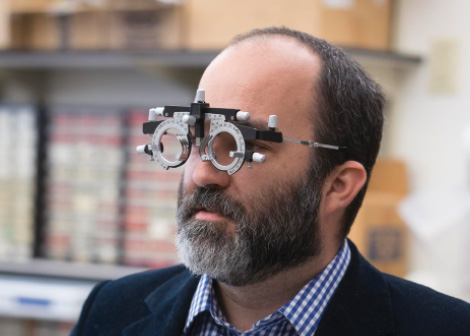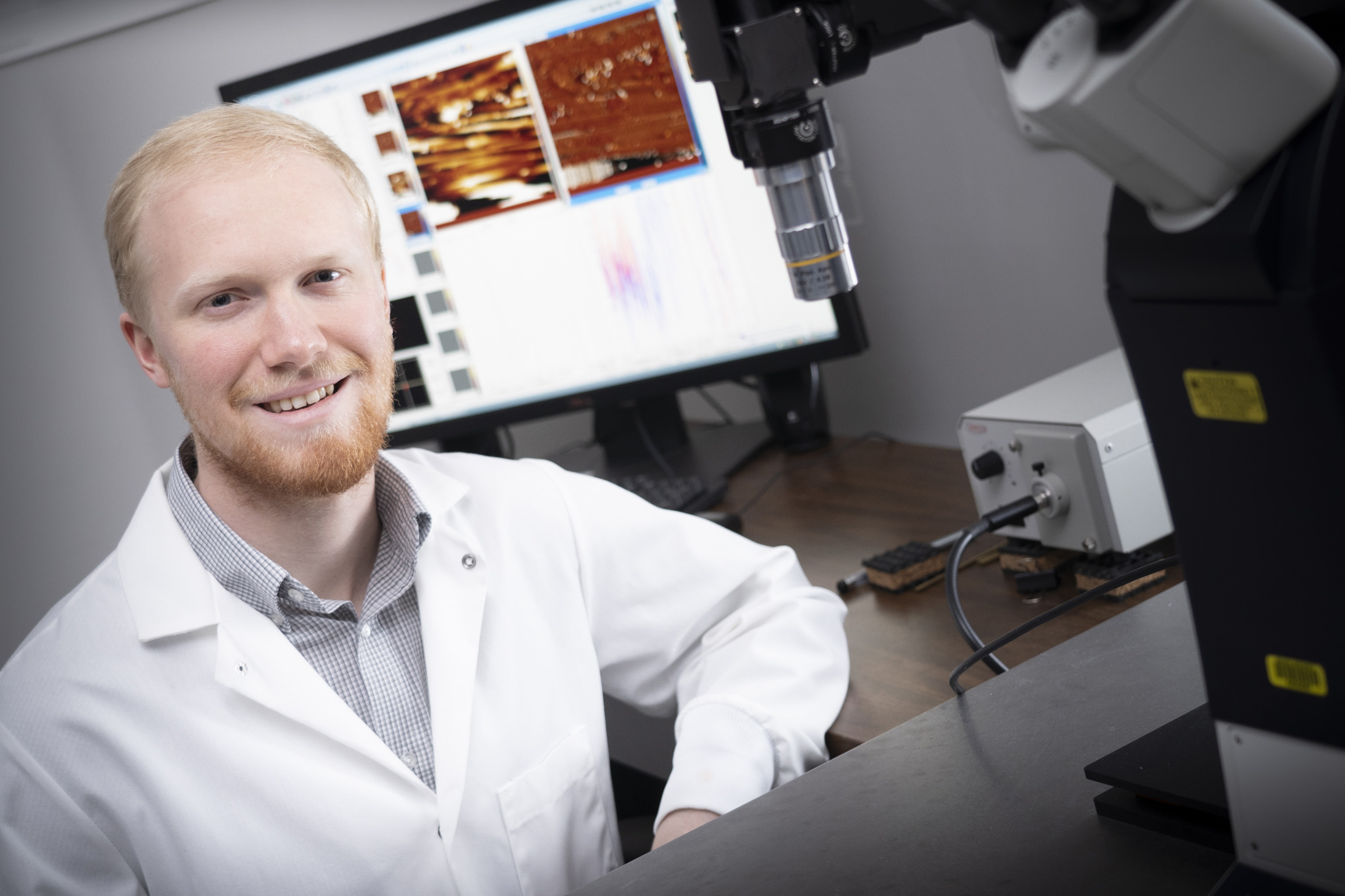Technology Transfer and Entrepreneurship
 Although just in its 20th year, the Weldon School of Biomedical Engineering has synergistically leveraged Purdue's and Indiana University School of Medicine’s (IUSM) expansive engineering and medical infrastructure, respectively, to rapidly create one of the most productive translational research enterprises.
Although just in its 20th year, the Weldon School of Biomedical Engineering has synergistically leveraged Purdue's and Indiana University School of Medicine’s (IUSM) expansive engineering and medical infrastructure, respectively, to rapidly create one of the most productive translational research enterprises.
Through an array of company partners in the medical device, biotechnology, and pharmaceutical fields, licenses of clinical technologies have generated over $20M in royalties from products that have directly helped more than two million patients worldwide. In addition, the strong entrepreneurial spirit of faculty members has resulted in the launch of more than two dozen life science startup companies with over $75M in venture capital raised and more than 50 technologies licensed to major company partners.
Currently, Weldon School-based diagnostic and therapeutic innovations are in over 20 active clinical trails.
Related Stories
- Weldon School and Lilly researchers collaborate on next-generation connected solutions
- Startup with promising glaucoma therapy backed by Purdue Foundry Investment Fund
- Purdue researchers, backed by Gates Foundation, developing device to enable pregnant women to detect serous health complications
- SonorMed announces adoption of AirWave by Two New Institutions
Clinical Translation
 Through NIH-supported training programs and in collaboration with other institutions and units, such as the Indiana University School of Medicine and Purdue College of Veterinary Medicine, our students are trained to innovate and translate next generation medical devices and therapies. The NIH-supported Medical Scientist Training Program (MSTP) trains physician-engineers who want to incorporate research into their clinical practice. The Bioengineering Interdisciplinary Training in Diabetes Research Program (BTDR) is a cross-disciplinary doctoral program designed to develop an interdisciplinary workforce that innovates, designs, and translates bioengineering technologies aimed at preventing and treating diabetes, metabolic diseases, and their complications. The Interdisciplinary Training Program in Auditory Neuroscience Program (TPAN) prepares students to develop creative solutions, devices, and strategies to assist and prevent hearing loss in human patients.
Through NIH-supported training programs and in collaboration with other institutions and units, such as the Indiana University School of Medicine and Purdue College of Veterinary Medicine, our students are trained to innovate and translate next generation medical devices and therapies. The NIH-supported Medical Scientist Training Program (MSTP) trains physician-engineers who want to incorporate research into their clinical practice. The Bioengineering Interdisciplinary Training in Diabetes Research Program (BTDR) is a cross-disciplinary doctoral program designed to develop an interdisciplinary workforce that innovates, designs, and translates bioengineering technologies aimed at preventing and treating diabetes, metabolic diseases, and their complications. The Interdisciplinary Training Program in Auditory Neuroscience Program (TPAN) prepares students to develop creative solutions, devices, and strategies to assist and prevent hearing loss in human patients.
